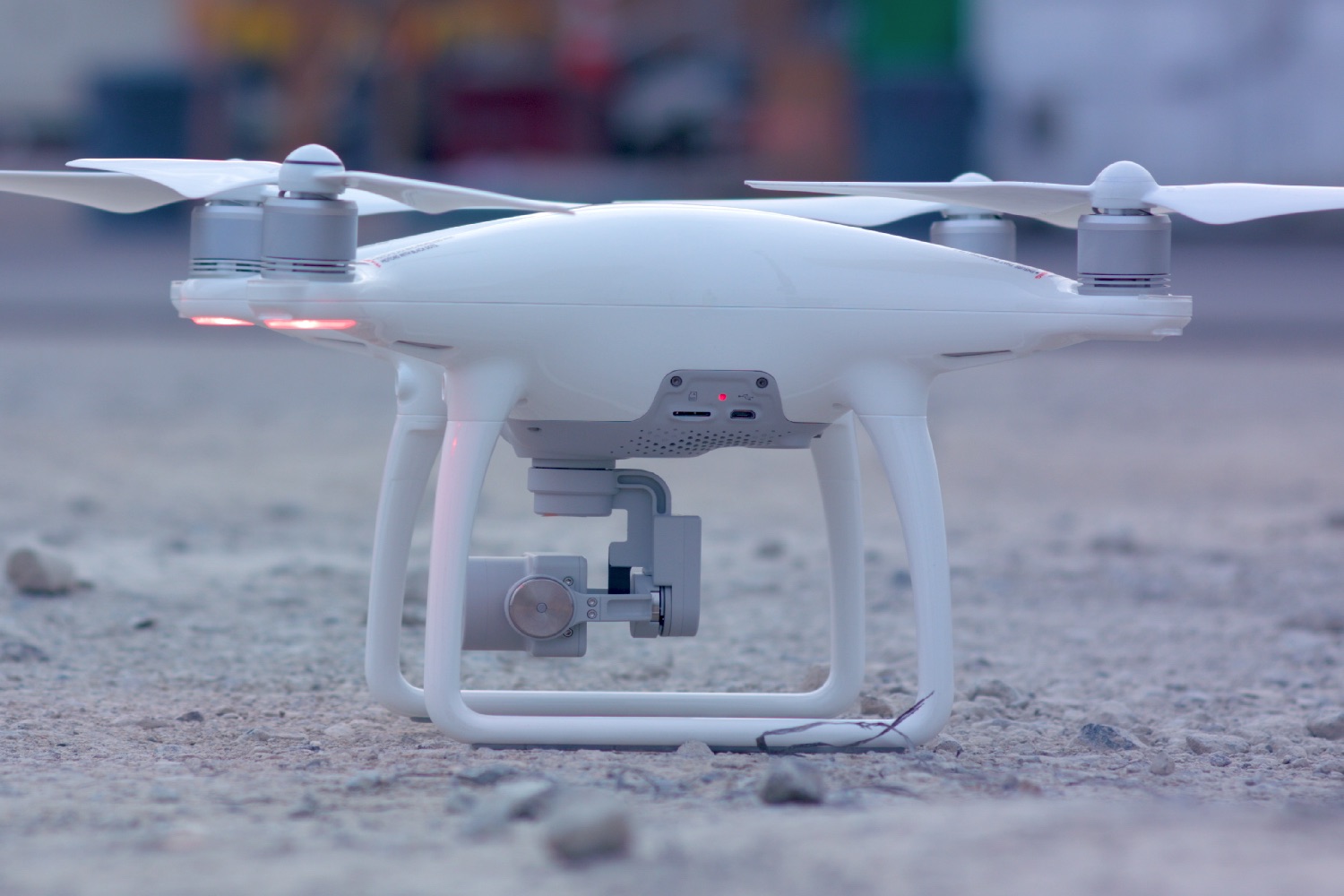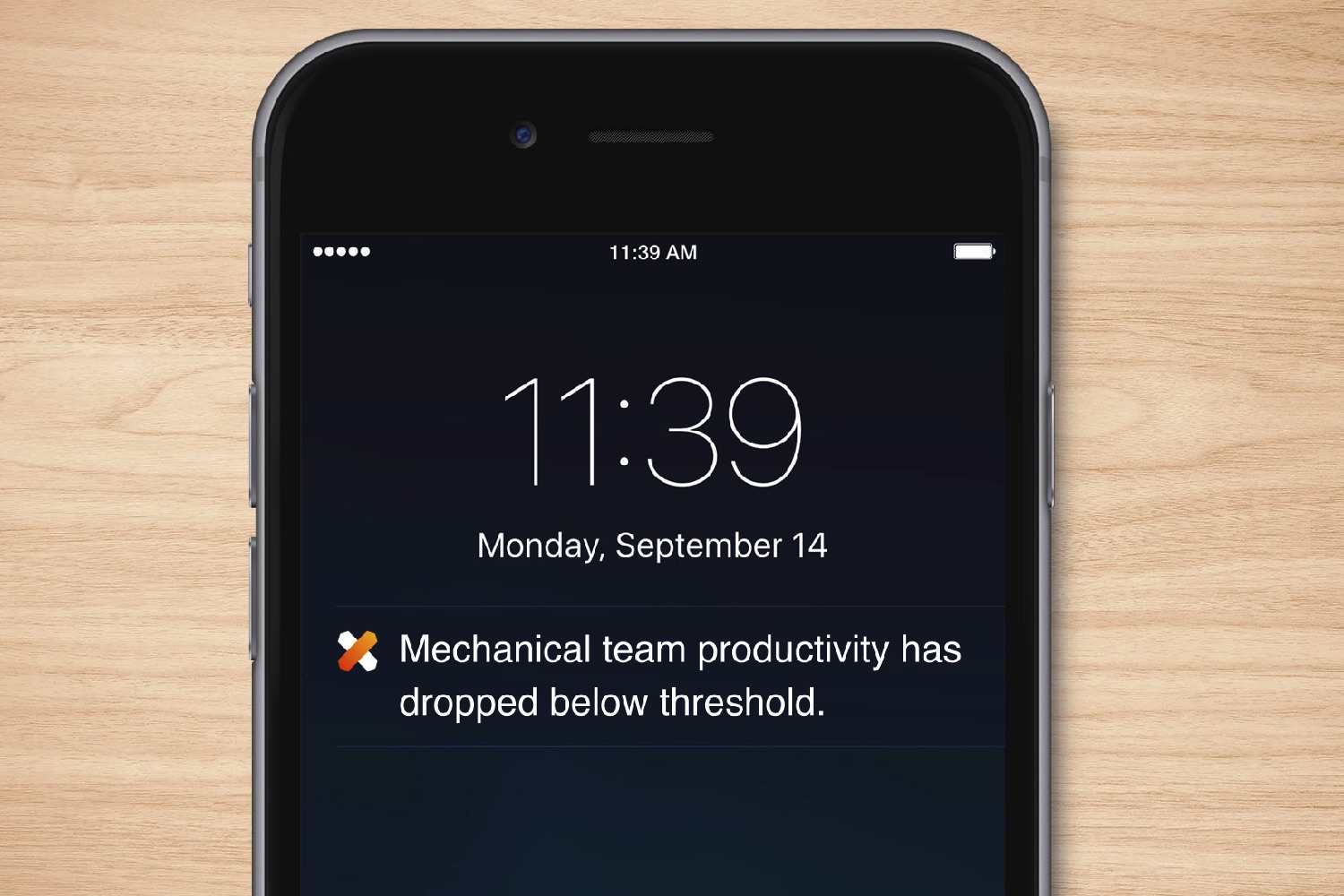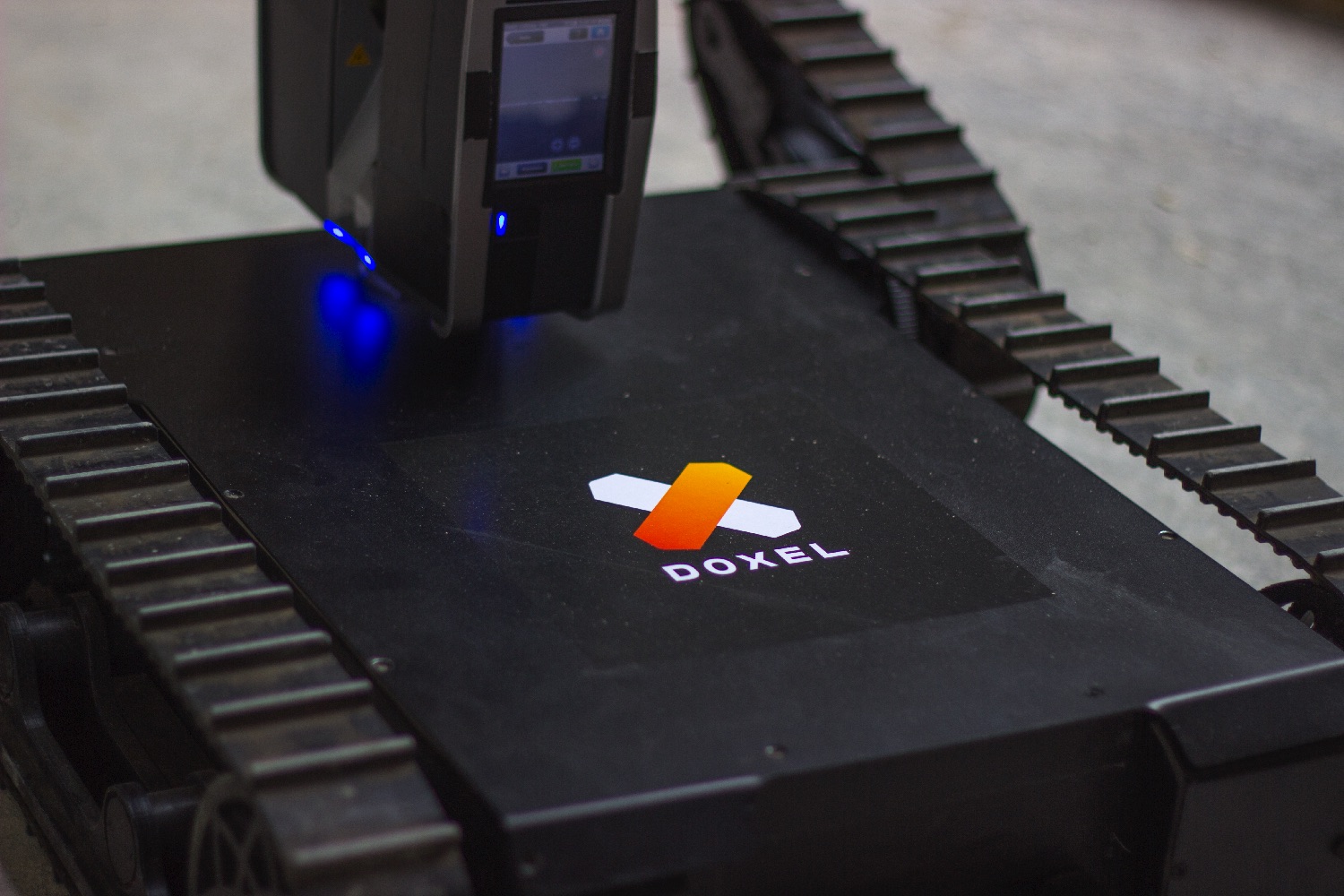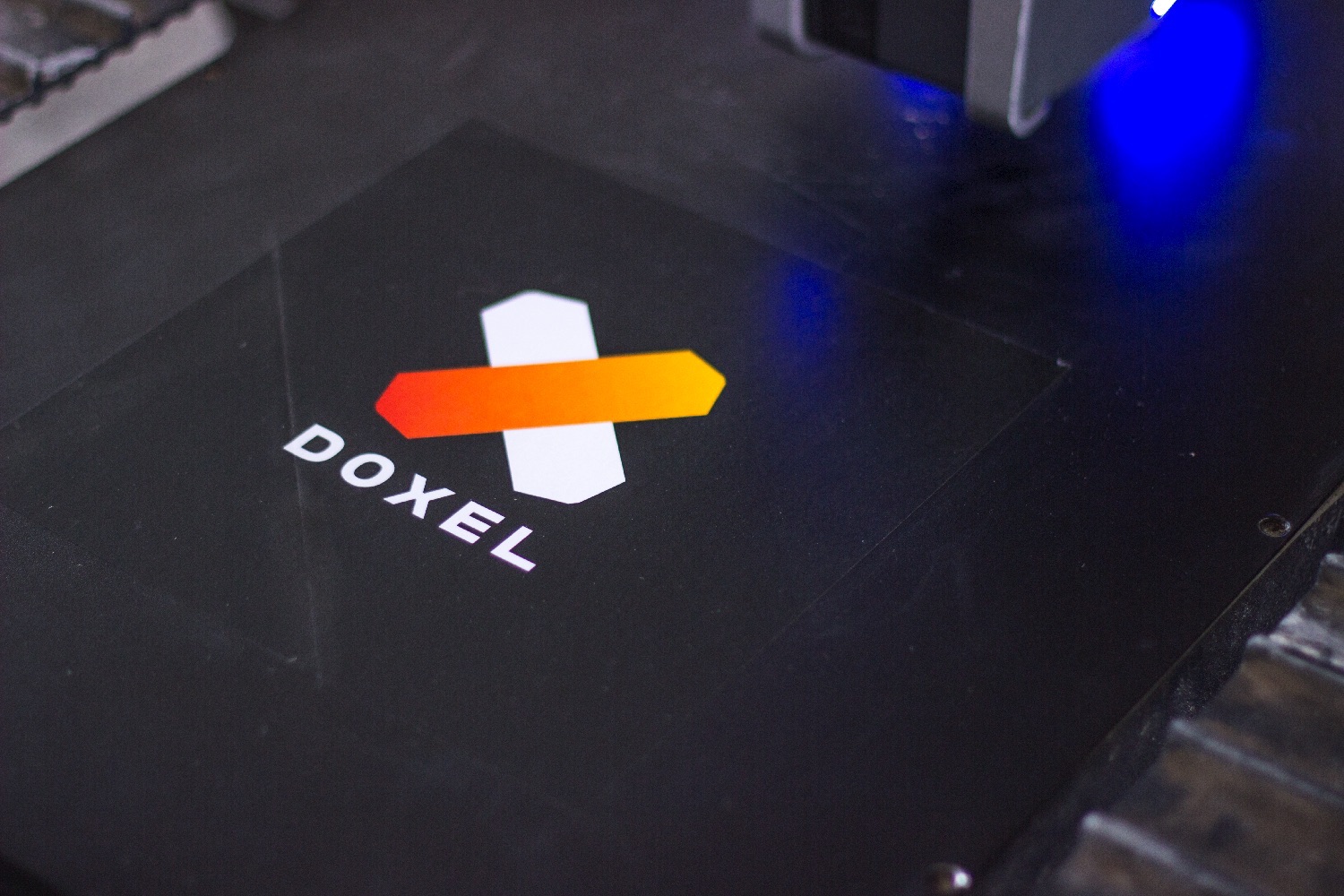Far from a simple robotic camera, however, Doxel’s smart robots harness cutting-edge deep-learning technology to make informed judgements about how well work is going. If things fall behind schedule, a construction manager will receive a smartphone notification reading, “Mechanical team productivity has dropped below threshold” or similar. In other words, simply trying to look busy on site won’t be enough to fool these smart management bots.
“We make use of drones and rovers as data-capture mechanisms; drones for outdoors and rovers for indoors,” Saurabh Ladha, CEO and co-founder of Doxel, told Digital Trends. “The vast majority of construction involves indoors and that is where we deploy lidar in addition to an HD camera. The lidar captures depth data. Once the data is captured, our deep learning kicks in to automatically inspect quality and measure installed quantities. The diversity of objects found in construction and the degree of noise, clutter, and occlusion you find in such environments had made the automation of this process nearly impossible. Doxel’s A.I. capabilities means that job sites are automatically digitized, that project quality undergoes ongoing inspection, and that progress is measured in real time. Our dashboard then offers automatic real-time budget, schedule, and quality reports. We help to keep molehills from becoming mountains.”
Ladha observes that many construction projects — as many as 98 percent of large ones — can go significantly over time and budget. Being able to spot these trends early means that changes can be made in order to ensure things progress as efficiently as possible.
“We are currently working with large construction companies such as DPR Construction, as well as a large healthcare company building hospitals and medical office buildings,” Ladha said. “We sell Doxel as a service: everything from capturing data to delivering insights, and the service is sold on a monthly fee basis. Having just come out of stealth, our plans are to grow the business. The construction industry has struggled with productivity and we believe we can help to turn that around.”







